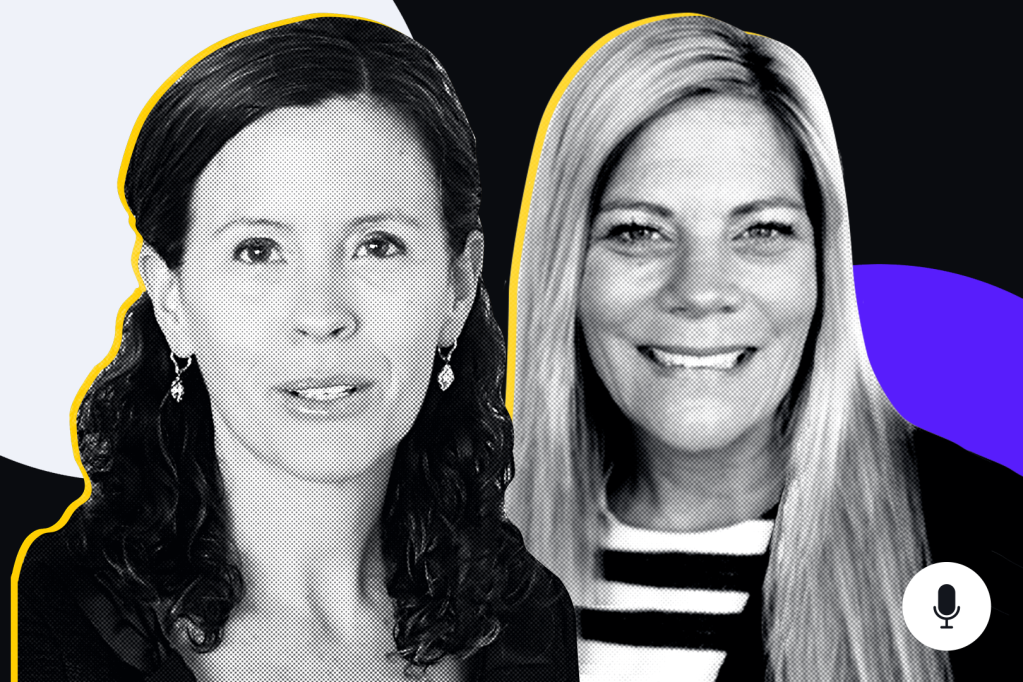This is a transcript of the podcast episode Agnes Foy and Jean Hurley on NFM, 2024 elections, and City culture between lawyer Agnes Foy, GRIP commissioning editor Jean Hurley, and GRIP senior reporter Carmen Cracknell.
[INTRO]
Carmen Cracknell: Hello listeners and welcome back to the GRIP podcast.
Today we’re joined in
Register for free to keep reading
To continue reading this article and unlock full access to GRIP, register now. You’ll enjoy free access to all content until our subscription service launches in early 2026.
- Unlimited access to industry insights
- Stay on top of key rules and regulatory changes with our Rules Navigator
- Ad-free experience with no distractions
- Regular podcasts from trusted external experts
- Fresh compliance and regulatory content every day













